Quidditch to change name in effort to distance sport from JK Rowling’s “anti-trans positions”
Quidditch league officials plan to survey players and stakeholders about possible names throughout the month of January.

Quidditch, the real-life sport inspired by the magical sport in the Harry Potter series, is changing its name in an effort to distance itself from controversial comments author J.K. Rowling has made in recent years regarding transgender people and their civil rights.
US Quidditch and Major League Quidditch announced in a joint news release issued last week that they will conduct a series of surveys over the next few months to decide on a new name for the full-contact sport, which is played on broomsticks that borrows elements from soccer and field hockey. Currently, there are more than 450 Quidditch teams in 30 different countries.
“For the last year or so, both leagues have been quietly collecting research to prepare for the move and been in extensive discussions with each other and trademark lawyers regarding how we can work together to make the name change as seamless as possible,” Major League Quidditch Commissioner Amanda Dallas said in the release.
There are two major reasons for the name change. The first is that the name “quidditch” is trademarked by Warner Bros., which produced the Harry Potter movies — which has limited the sport’s exposure, both in terms of its ability to gain sponsors and the problems associated with broadcasting it on television or media without using the trademarked term.
The second reason is that the sport is trying to distance itself from Harry Potter author J.K. Rowling, especially in light of comments the author has made about transgender individuals and identity. An ardent second-wave feminist, Rowling believes biology alone should determine a person’s gender identity, and thus views women’s rights — particularly the right to “women-only” spaces — as threatened by or in conflict with the rights or power granted to transgender individuals.
Rowling has faced criticism for her views on transgender rights, including her support of Maya Forstater, a British tax specialist fired over tweets that were deemed to be anti-transgender; her mocking of a headline that used the phrase “people who menstruate,” referring to the fact that trans men and nonbinary-identifying people have periods; and her penning a 4,000-word blog post in which she questioned whether a “contagion” fueled by social media has led to an increase in young people identifying as transgender, reports NBC News.
Rowling has also balked at the idea that trans women might be allowed into restrooms, locker rooms, shelters, or other intimate spaces with cisgender women, which she claims will endanger the latter group’s safety, despite studies showing no evidence that allowing trans people to use facilities that align with their gender identity increases safety risks.
Ironically, Rowling has aligned herself with anti-trans activists who support barring transgender females from women’s sports, even though, in imagining Quidditch within the world of Harry Potter, she created a sport in which female characters — Ginny Weasley, most notably — regularly outperform or match up against male athletes, and are not hampered by their gender or biological traits.
Rowling’s comments have been condemned by several actors who starred in the Harry Potter film series, including stars Daniel Radcliffe and Emma Watson, and Fantastic Beasts star Eddie Redmayne.
Related: J.K. Rowling promotes anti-trans shop selling “Fuck your pronouns” merch
In distancing themselves from the woman who first envisioned the very sport of Quidditch, league officials have embraced transgender rights and diversity, claiming that the sport has “developed a reputation as one of the most progressive sports in the world on gender equality and inclusivity, in part thanks to its gender maximum rule, which stipulates that a team may not have more than four players of the same gender on the field at a time.”
The International Quidditch Association, the sport’s governing body, has also touted inclusivity, stating on its official website that the sport is open to people of “different ethnicities, cultural backgrounds, ages, languages, genders, sexual orientations,” and noting that players may play “as the gender that they identify as, including non-binary genders.”
Alex Benepe, one of the co-founders of the sport who adapted the rules from the Harry Potter series at Middlebury College in Vermont in 2005, expressed his support for the name change.
“I’m thrilled that USQ and MLQ are moving in this direction. Big changes like this don’t come without risk, but I’ve been a strong advocate for making this move for a long time,” he said. The sport needs its own space without limits on its growth potential and changing the name is crucial to achieving that.”
US Quidditch and Major League Quidditch said in a news release they will be surveying stakeholders about a possible new name for the sport until the end of January, but have not solidified a final date by which the name change will be revealed. Both leagues will also retain their acronyms despite the name change, with MLQ undergoing a “soft” rebrand while USQ overhauls its branding altogether.
“The new name and branding will bring US Quidditch into its next phase while advancing our goal of growing a sport that is supportive and inclusive of everyone,” Fabiana Echeverria, the public relations and marketing manager for USQ, said in a statement. “This is an exciting time for the sport and I can’t wait to see where it takes us!”
See also:
Support Metro Weekly’s Journalism
These are challenging times for news organizations. And yet it’s crucial we stay active and provide vital resources and information to both our local readers and the world. So won’t you please take a moment and consider supporting Metro Weekly with a membership? For as little as $5 a month, you can help ensure Metro Weekly magazine and MetroWeekly.com remain free, viable resources as we provide the best, most diverse, culturally-resonant LGBTQ coverage in both the D.C. region and around the world. Memberships come with exclusive perks and discounts, your own personal digital delivery of each week’s magazine (and an archive), access to our Member's Lounge when it launches this fall, and exclusive members-only items like Metro Weekly Membership Mugs and Tote Bags! Check out all our membership levels here and please join us today!









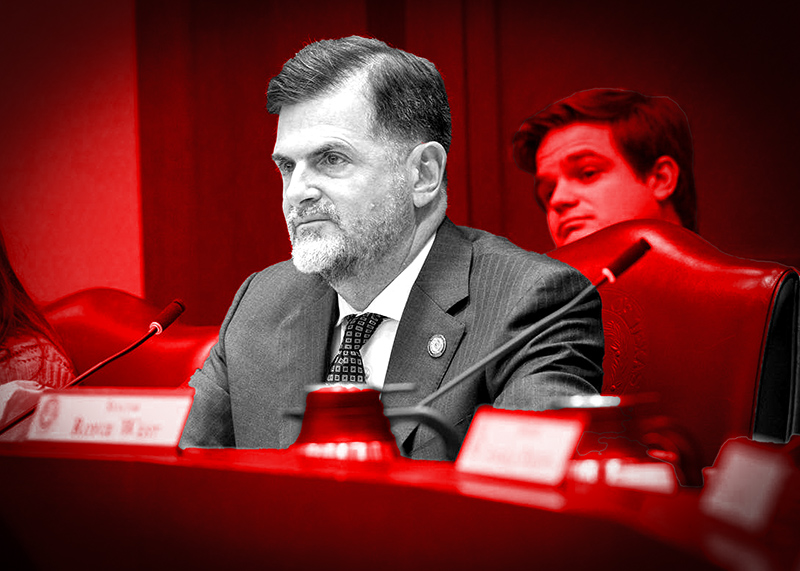

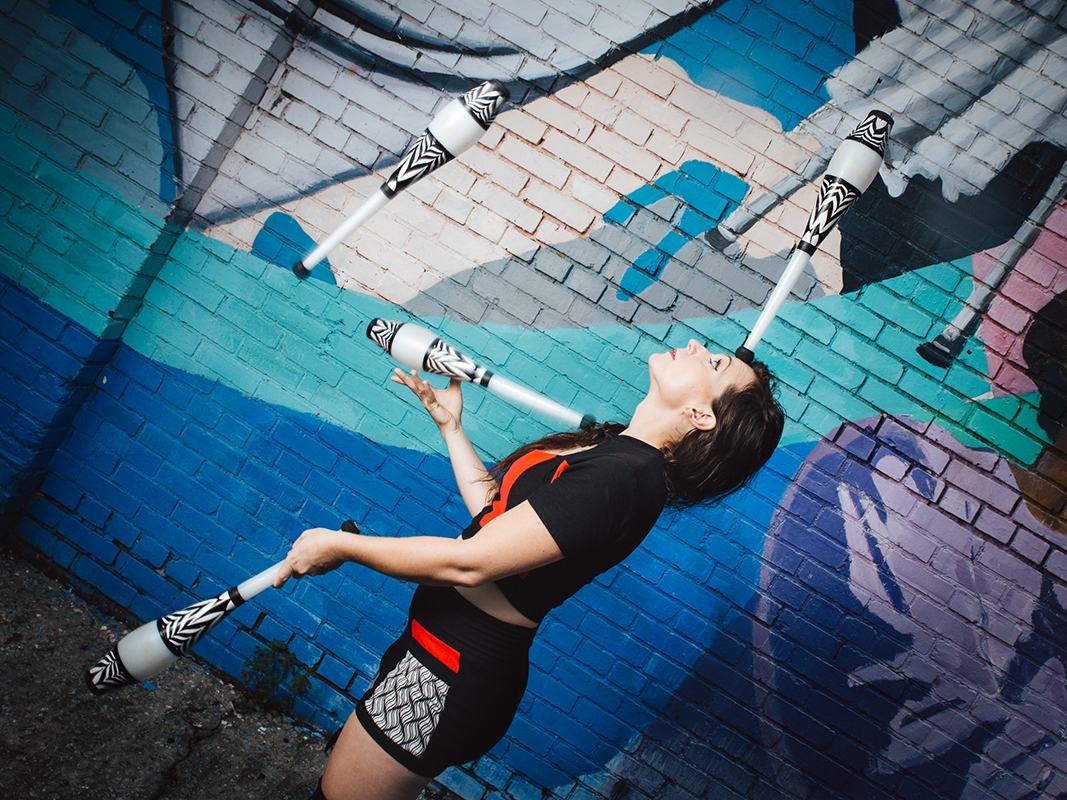












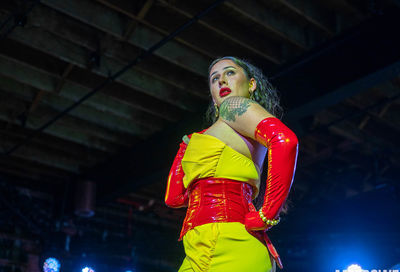
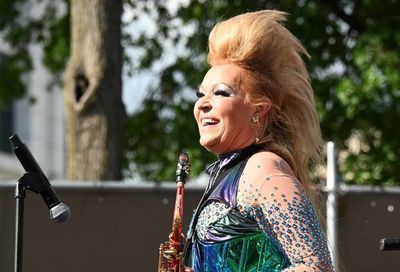
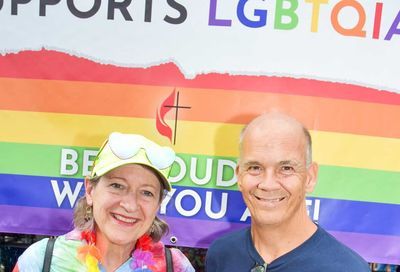
You must be logged in to post a comment.